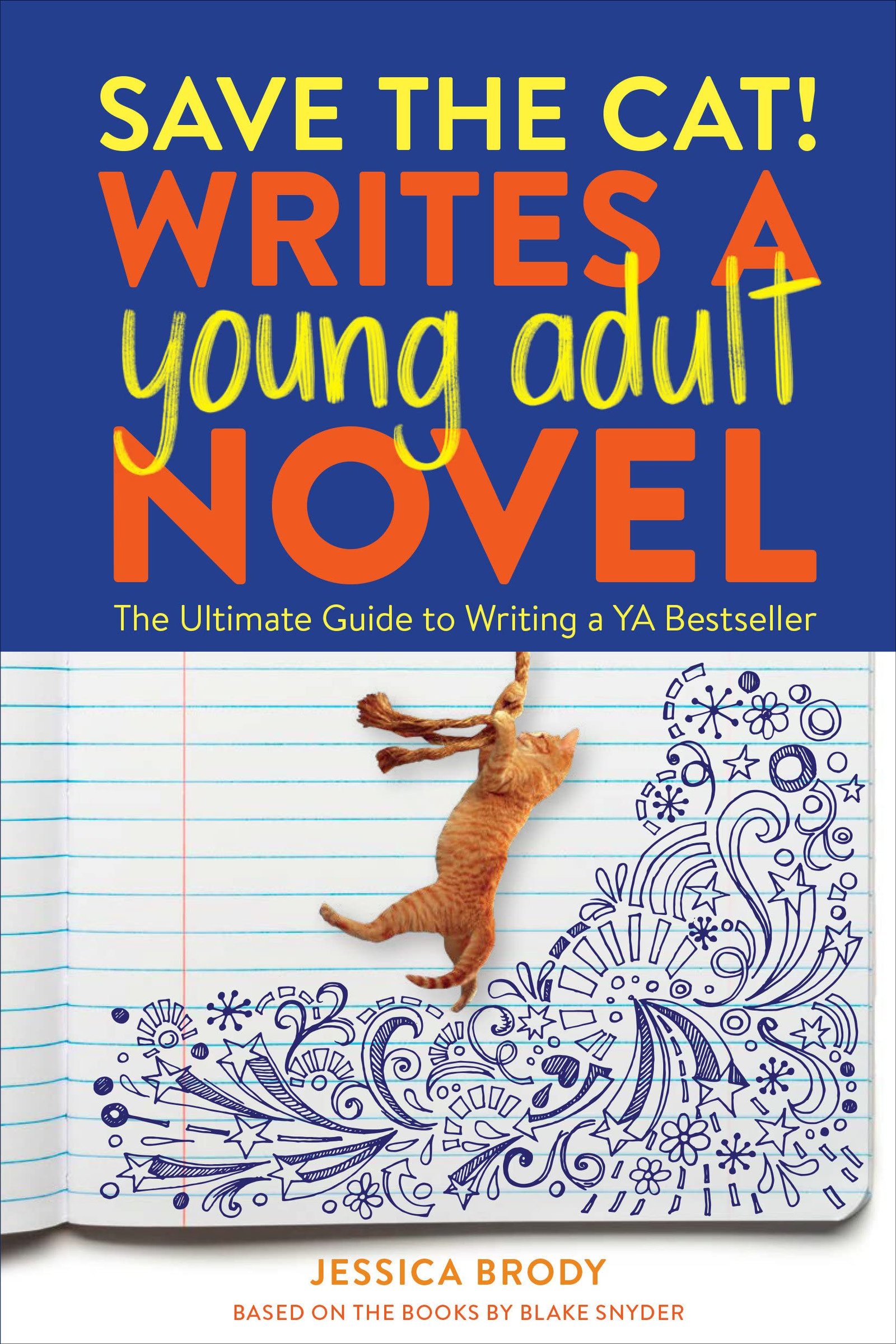
15 Jul Book Review of Save the Cat! Writes a Young Adult Novel
Save the Cat! Writes a Young Adult Novel: A Cautionary Tale for Aspiring Writers
When I first stumbled upon Save the Cat! Writes a Young Adult Novel by Jessica Brody, I was immediately intrigued. As a lifelong fan of YA fiction, I thought this book might be the perfect guide tailored to my writing aspirations. After all, who doesn’t want to unlock the secrets of crafting a compelling YA narrative using the renowned Save the Cat! screenwriting model? But, as it turns out, taking this leap of faith was a bit like jumping into the ocean and realizing you’re only in the kiddie pool.
At its core, Brody’s book breaks down the 15 essential plot points necessary to shape a successful YA novel. From the Opening Image to the Finale, she aims to equip budding authors with a roadmap for storytelling. There are certainly valuable insights scattered throughout—particularly the emphasis on crafting relatable characters and engaging arcs. I found the idea of using “beats” to help structure a narrative a refreshing change, especially for newer writers who often feel overwhelmed. And while the guidance on avoiding clichés (like “show, don’t tell”) feels essential, some advice—such as “you must learn the rules to break them”—is pretty well-trodden territory in the writing world.
However, I felt an underlying tension throughout the book. On one hand, Brody encourages flexibility when using the structure, emphasizing that not every story fits neatly into her mold. This is commendable and resonates with me; each narrative has its own pulse. Yet, on the other hand, she asserts that each story must adhere to one of the ten universal genres, creating contradictions that left me scratching my head. How can a story that transcends genres truly be classified?
The book also falls short when addressing the history of YA literature. Brody’s assertion that renowned series like Twilight and The Hunger Games ushered in the YA boom felt oversimplified. This view neglects numerous foundational works that have shaped the genre over decades. I couldn’t help but wonder how a more nuanced understanding would have empowered aspiring writers, particularly new ones fascinated by the depth of YA’s legacy.
Moreover, some case studies she presented felt off-base—like using One of Us Is Lying as a shining example, despite its narrative shortcomings. It stirred a sense of frustration in me as I reflected on missed opportunities to showcase authentic storytelling excellence.
Despite these issues, I found myself appreciating the practical advice sprinkled throughout the chapters. Brody includes beat sheets for popular YA novels such as Six of Crows and The Giver, which I found both useful and enlightening. However, the inconsistencies and my personal reservations ultimately left me disheartened.
Overall, Save the Cat! Writes a Young Adult Novel offers a mix of practical tips alongside some glaring pitfalls. While it has its merits and could serve as an introductory resource for aspiring writers, I can’t wholeheartedly recommend it without raising a few caution flags.
If you’re a budding writer eager to dive into YA, you might find some gems in here. But I urge you to explore other resources, like those from Brandon McNulty or the insights from MasterClass, which provide a more comprehensive and reliable foundation. On this reading journey, I’ve learned that stories, much like the young adults they depict, are complicated and multifaceted—and perhaps writing about them should be, too.
Discover more about Save the Cat! Writes a Young Adult Novel on GoodReads >>









